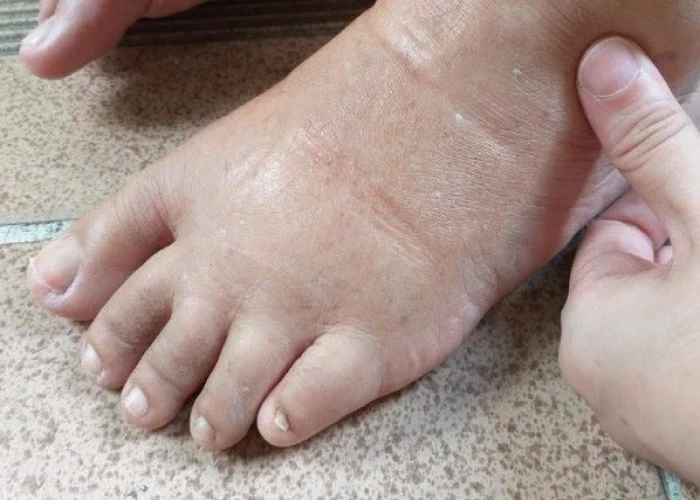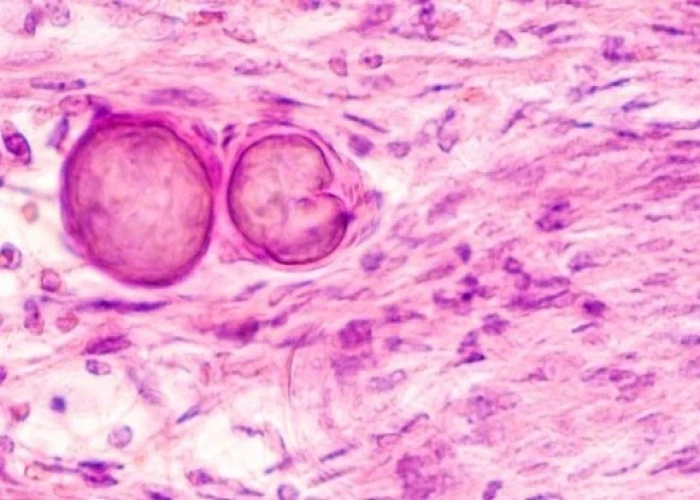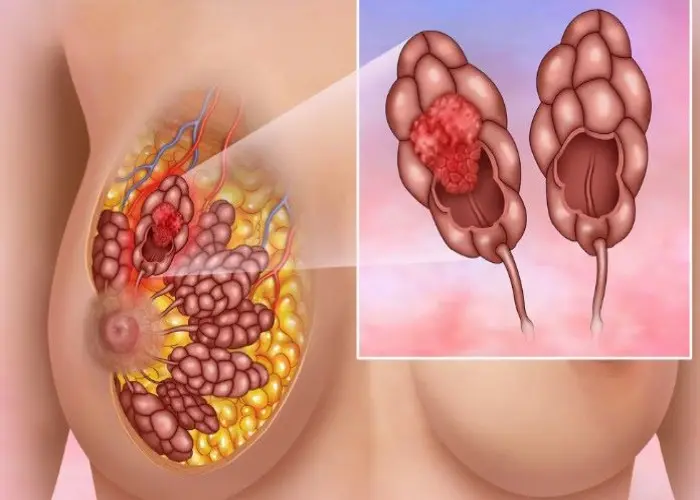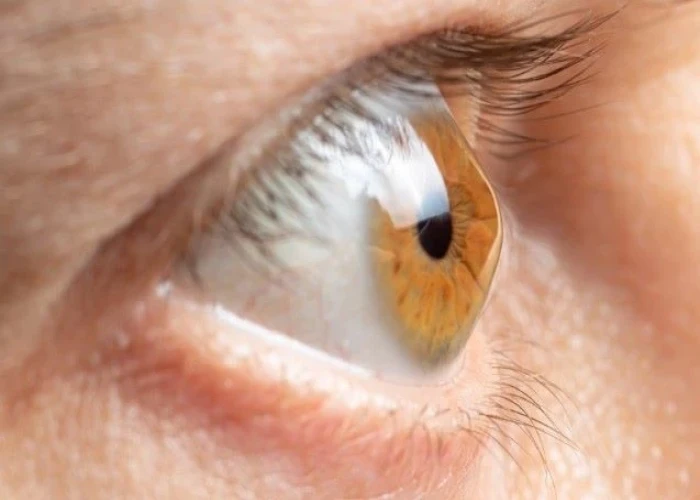 Welcome
Welcome
“May all be happy, may all be healed, may all be at peace and may no one ever suffer."
Factor V Leiden

Factor V Leiden is a genetic disorder that affects blood clotting. People with this disorder have a mutation in the gene that produces factor V, a protein that is involved in the blood clotting process. The mutation results in a form of factor V that is resistant to inactivation by a protein called activated protein C, which normally helps to regulate the blood clotting process.
The increased clotting activity in people with Factor V Leiden can lead to an increased risk of blood clots, particularly in the veins. Common sites for clots include the legs (deep vein thrombosis) and the lungs (pulmonary embolism), although other parts of the body can also be affected. Some people with Factor V Leiden may develop recurrent clots, which can lead to chronic health problems such as pulmonary hypertension and chronic venous insufficiency.
Factor V Leiden is an inherited condition, and people with one copy of the mutated gene are at an increased risk of developing blood clots, while people with two copies of the gene have an even higher risk. Other risk factors for blood clots, such as pregnancy, surgery, and cancer, can further increase the risk in people with Factor V Leiden.
Treatment for Factor V Leiden may involve medications such as anticoagulants to prevent blood clots, particularly in people who have a history of blood clots or who are undergoing surgery or other procedures that increase the risk of clotting. Lifestyle modifications such as regular exercise, maintaining a healthy weight, and avoiding smoking can also help to reduce the risk of blood clots.
People with Factor V Leiden should be aware of their increased risk of blood clots and should seek medical attention if they experience symptoms such as swelling, pain, or redness in the legs, or difficulty breathing. Early diagnosis and appropriate treatment can help to prevent serious complications.
Research Papers
Disease Signs and Symptoms
- Leg pain
- Swollen leg
- Shortness of breath (dyspnea)
- Chest pain
- Rapid heartbeat (tachycardia)
Disease Causes
Factor V Leiden
If you have factor V Leiden, you inherited either one copy or, rarely, two copies of the defective gene. Inheriting one copy slightly increases your risk of developing blood clots. Inheriting two copies — one from each parent — significantly increases your risk of developing blood clots.
Disease Prevents
Disease Treatments
Doctors generally prescribe blood-thinning medications to treat people who develop abnormal blood clots. This type of medicine usually isn't needed for people who have the factor V Leiden mutation but who have not experienced abnormal blood clots.
However, your doctor might suggest that you take extra precautions to prevent blood clots if you have the factor V Leiden mutation and are going to have surgery. These precautions might include:
- A short course of blood thinners
- Leg wraps that inflate and deflate to keep blood moving in your legs
- Compression stockings
- Going for walks soon after surgery
Disease Diagnoses
Disease Allopathic Generics
Disease Ayurvedic Generics
Disease Homeopathic Generics
Disease yoga
Factor V Leiden and Learn More about Diseases

Pulmonary edema

Meningioma

Invasive lobular carcinoma

Keratoconus

Stomach cancer

Heat exhaustion

Intracranial hematoma

Paget's disease of the breast
factor v leiden, ফ্যাক্টর ভি লিডেন
To be happy, beautiful, healthy, wealthy, hale and long-lived stay with DM3S.
